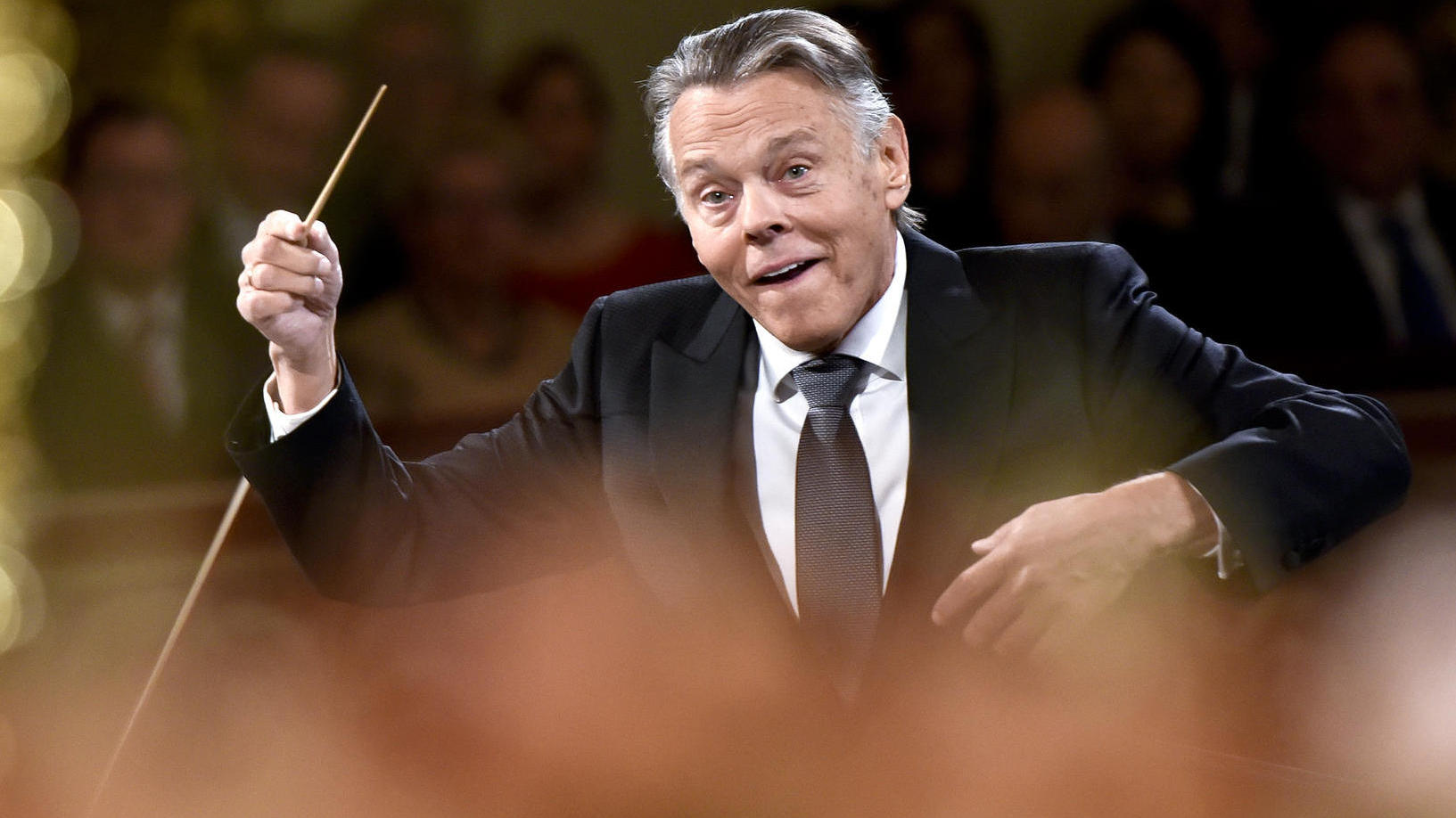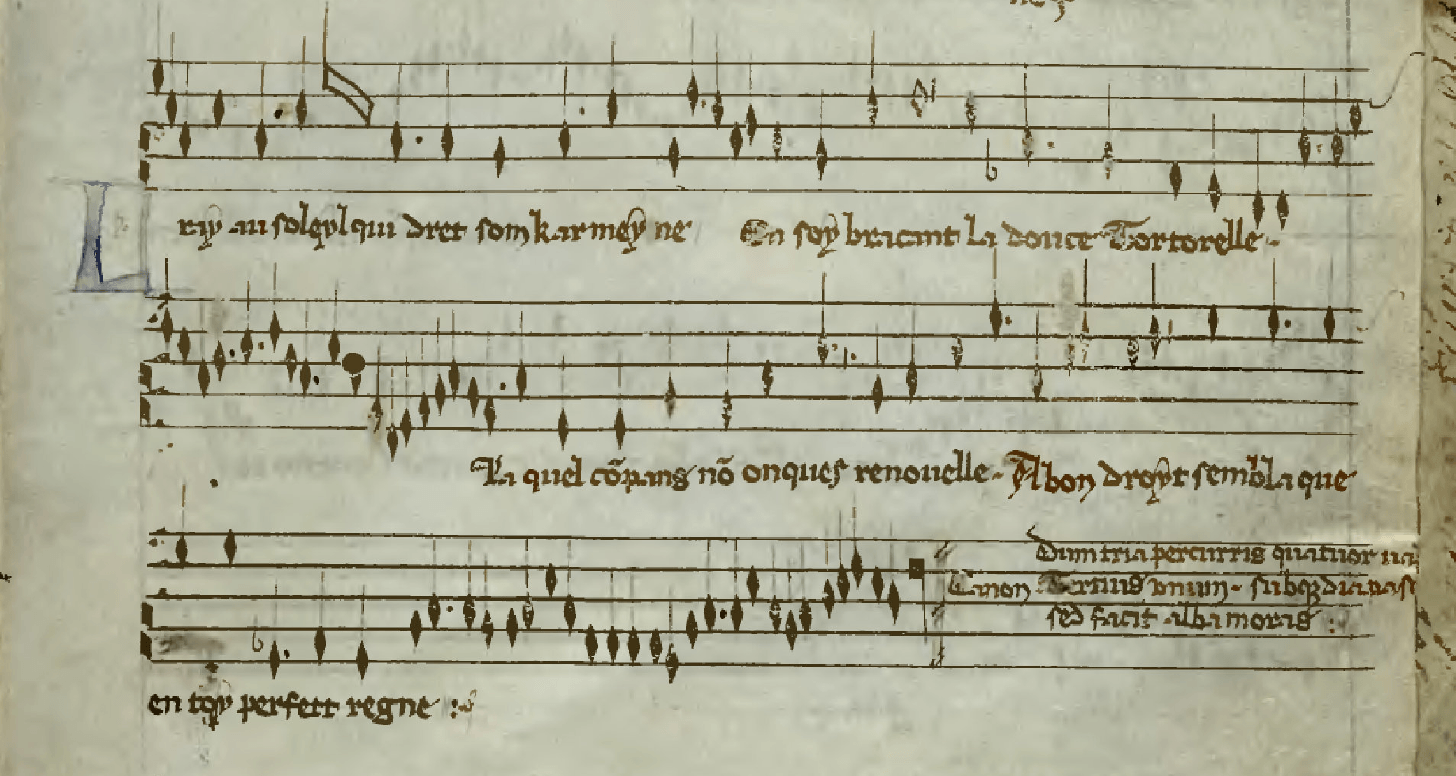Remembering Mariss Jansons: Five Great Recordings
The internationally renowned Latvian conductor Mariss Jansons passed away on Saturday. He was 76. For years, he had dealt with a long-term heart condition. Jansons will be remembered for his tireless energy and personal warmth, his legacy as an orchestra builder, and his powerful interpretations of the music of Tchaikovsky, Mahler, Strauss, and Shostakovich, among other composers. He was born in Riga, Latvia amid the German occupation of the Second World War. His …







